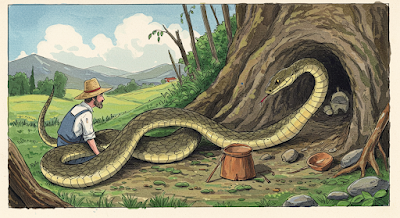A Complex Sentence
A Complex Sentence
a. An independent clause
An independent clause has a subject, verb, and
a complete thought. It is a sentence.
Example: He met him at the park.
b. A dependent clause
A dependent clause has a subject and a verb. However,
it has NO complete thought. It needs an independent
clause. Therefore, it is dependent on the independent clause.
Example: After Tyler called his friend . . .
Subject = Tyler Verb = Called
When the mailman arrived, the dog barked.
Dependent clause Independent Clause
When the dog barked, the cat ran away.
Dependent clause Independent Clause
1. An example with a relative clause as the dependent clause:
The dog that was in the street howled loudly.
A student who is hungry would never pass up a hamburger.
2. An example with a subordinating conjunction creating
the dependent clause (note the various positions
of the dependent clause).
Subordinate Conjunctions
Subordinate conjunctions connect a dependent clause
with an independent clause.
Here are some examples:
After although because before if once unless
Until whenever while as so when wherever Since whether
The mailman wouldn’t deliver our mail after my dog
bit him in the leg.
Dependent clause: The mailman wouldn’t deliver our mail
Independent Clause: my dog bit him in the leg.
Subordinate conjunctions: after





